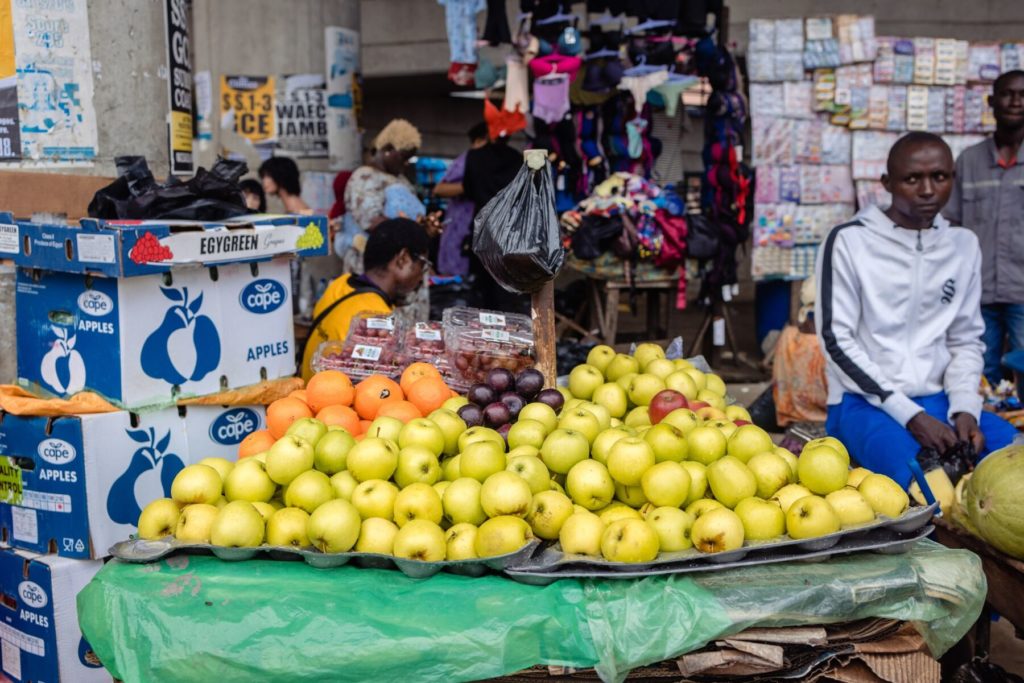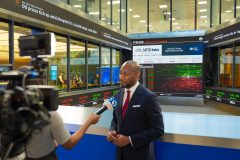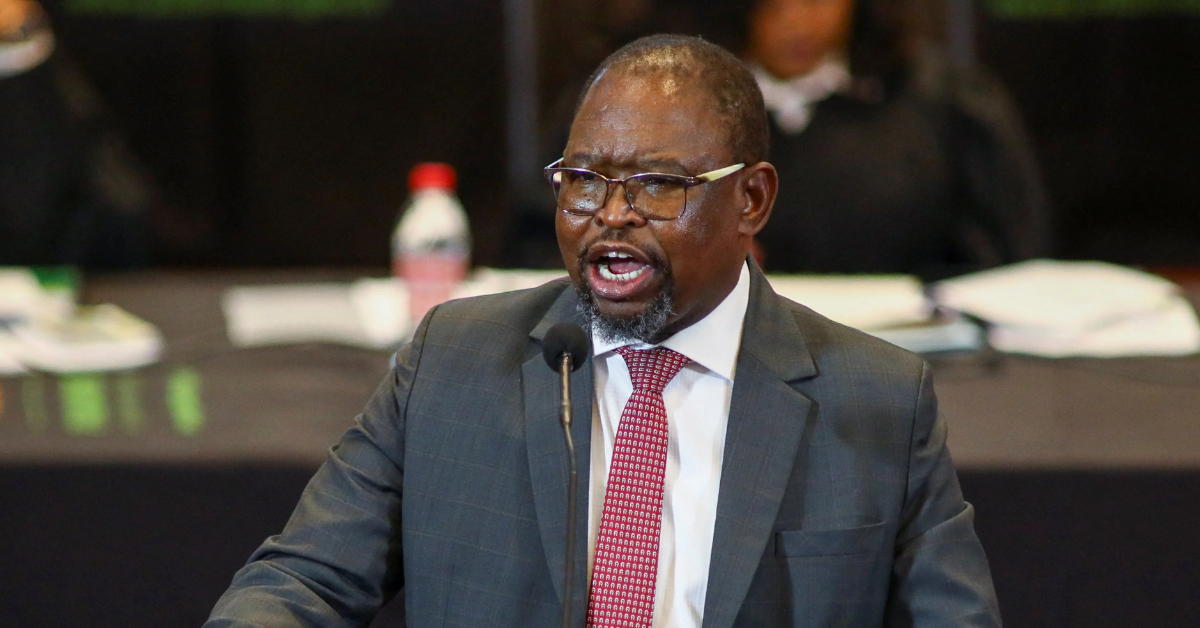Nigeria’s headline inflation slightly accelerated in September, reversing a two-month downward trend as higher fuel prices outweighed the benefits of a bumper harvest.
Data from the National Bureau of Statistics on Tuesday put September’s rate at 32.70% up from 32.2% recorded in August. The country’s headline inflation slowed for two consecutive months due to a drop in food prices driven by the harvest season and a six-month free import duty on food.
September’s increase comes after a 45% increase in fuel prices, which has cascaded to the price of food transportation. Both food and transport make up almost 20% of the increase in September’s headline inflation.
Food inflation for September was at 37.77% up from 37.5% in August. Core inflation, which excludes agricultural produce and energy, quickened slightly to 27.6% from 27.5%.
Given Nigeria’s current harvest season, the increased demand for food transportation, primarily by road, will likely elevate fuel consumption. This has contributed to the rise in September’s rate, argues Basil Abia, an analyst at Veriv Africa.
The CBN in its last Monetary policy committee meeting said it was leaning towards a continued tightening of the monetary cycle arguing that core inflation continued to rise in July and August. In September, the Bank delivered a shock 50 basis point interest rate hike, increasing borrowing costs. It is due to give its next rate decision in November.
The country’s headline inflation slowed for two consecutive months thanks to a drop in food prices, which was driven by the harvest season.





















